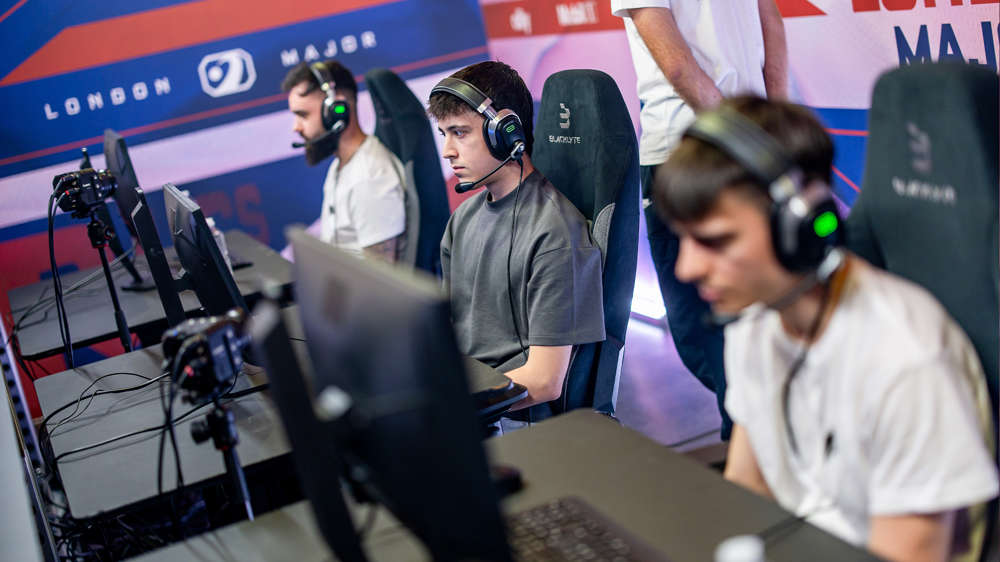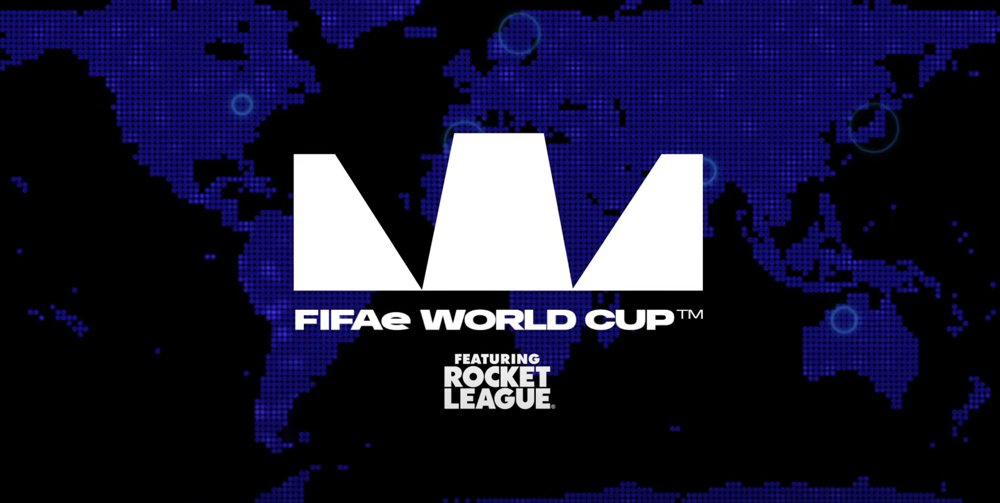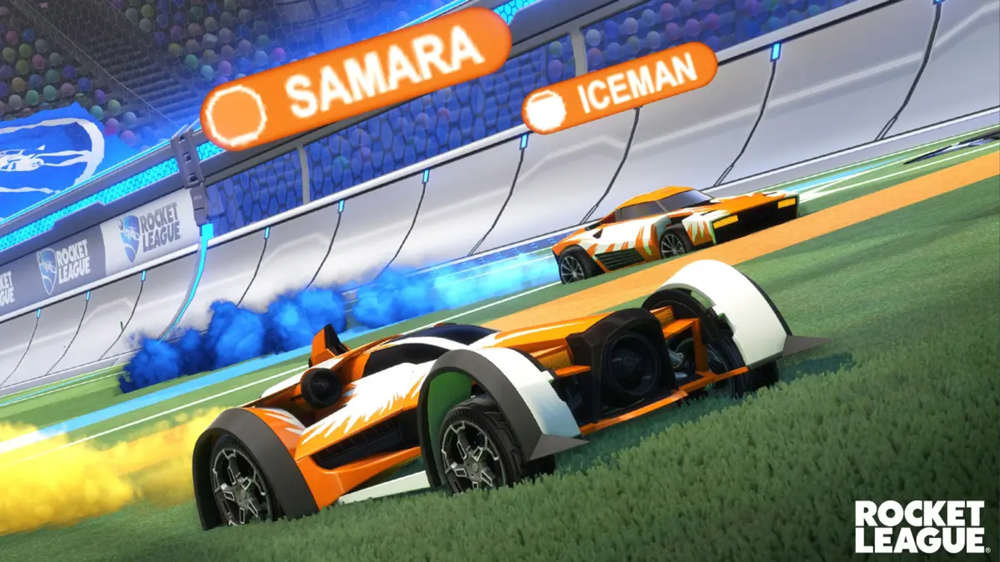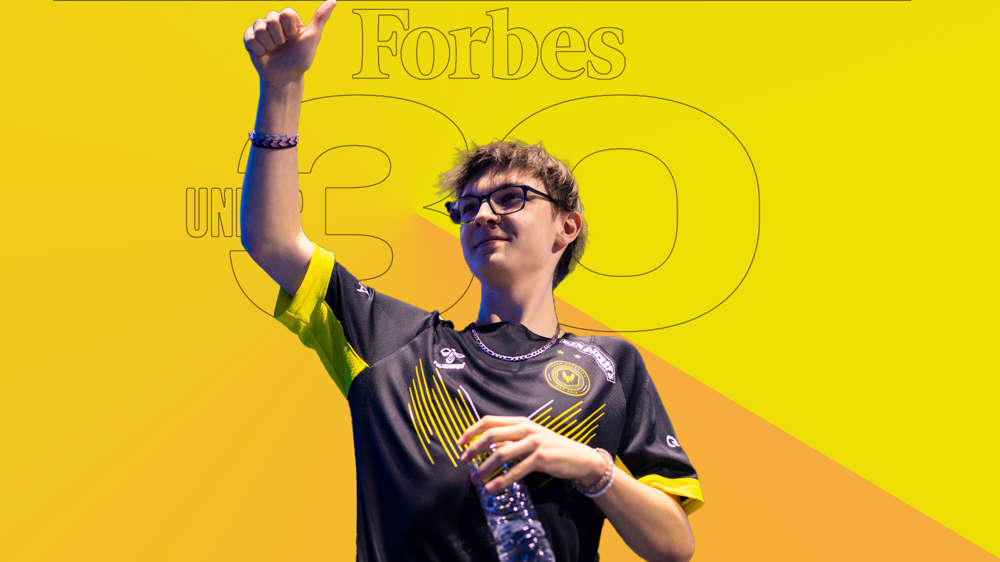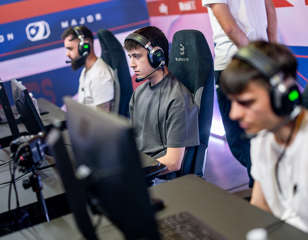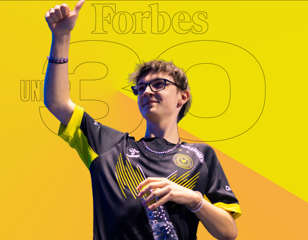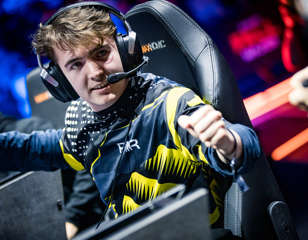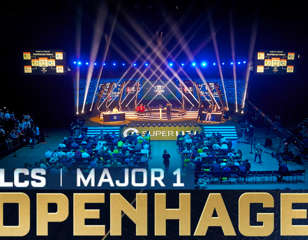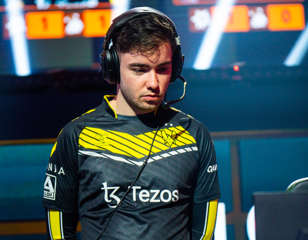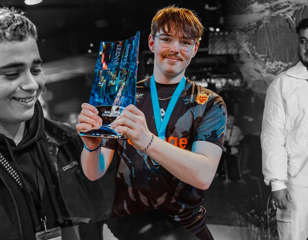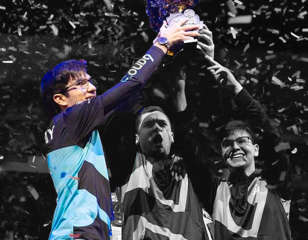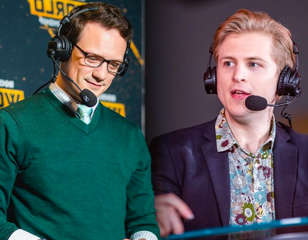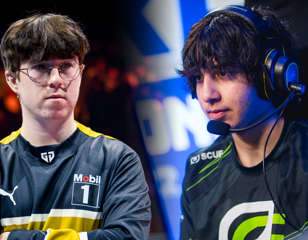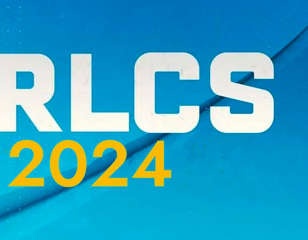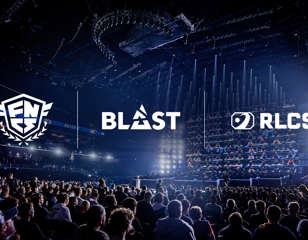Should RLCS go exclusive?
After some Organisations in EU and NA have asked for more influence within RLCS, is it time for Psyonix to take the elite leagues exclusive?

Jack Marsh
04th Jun 2020 17:58
Images via Psyonix
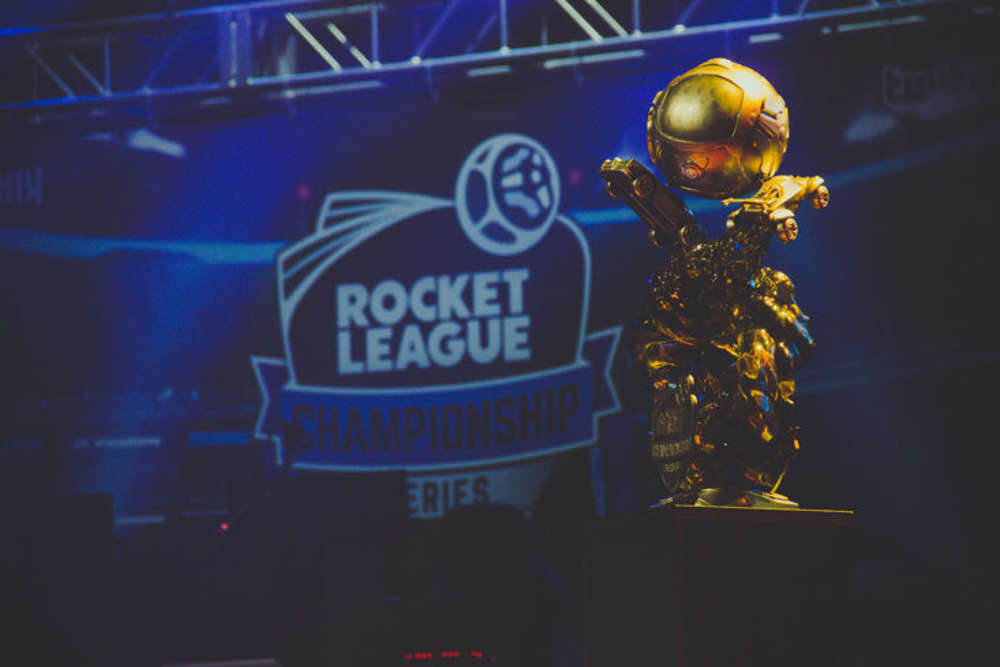
In a recent letter to Psyonix, over 50% of the RLCS Organisations from NA and EU highlighted their grievances regarding practices within the administration, especially addressing the communication between Psyonix and the Orgs, prize money distribution, monetisation of the league, and slot ownership. The latter of the points opens up a wide debate on the league format, with many teams suggesting they would like exclusivity to RLCS, which could be a solution to the other problems highlighted.
Should the Rocket League Championship Series go exclusive?
Exclusivity within a league would mean that Organisations would pay to play within RLCS, with security that they will be in the league for a sustained period, for instance, 2 seasons. This would differ from the qualification system that Rocket League currently operates within, one of few leading esports leagues to do so.
The current Rocket League Esports ecosystem allows teams to be relegated and/or promoted depending on whether they are in the RLCS or the Rival Series, meaning a few poor performances can see an Organisation spiral through the leagues, a problem for the leading Orgs of the gaming community. Many other esports offer exclusive leagues or franchised leagues, leaving Rocket League lagging behind, and not because of the horrible pings.
In the letter, that was published by the Esports Observer, owners of the organisations are asking that the league allow “…ownership to the teams, who are the primary caretakers and drivers of player’s health/well-being/growth/financial wherewithal. Ownership of the league spots resting with the teams would allow us to manage player salaries, manage our rosters, and have financial control and ownership over our investment”.

Allowing the RLCS to go exclusive would open up an array of options for both Psyonix and Orgs, whilst having a mixed effect on the individual players. For an Org, it will mean solidarity and a guarantee that they will be within RLCS for at least a few seasons without the possibility that they will be relegated. With a mutual buy-in bid, it will allow the organisations to remain in the RLCS and create plans which can be implemented over a few seasons and will grant them power over their roster changes.
For the players, this will be seen both positively and negatively. Having the Orgs take responsibility over rosters could result in even more roster instability than we already have. Only one RLCS side has had a consistent roster since conception in Season 4, in Cloud9, with even the world’s top sides changing personnel.
In the current format, teams are limited to change one-third of their roster per series (one player per season) which limits some Orgs, such as AS Monaco who has recently disbanded due to their full roster leaving. A change in format will limit the power the players have over the starting roster, with the power lying with Orgs, and the cap will likely be eradicated. Organisations will have more leniency changing their rosters to find a good fit for themselves, but still adhering to the transfer deadline policy.
With more fluctuation for teams to join different Orgs, this will open an avenue for more secure player contracts, to counteract the lack of security given to players from the transfer cap. Once settled on a roster, or when building a team, Organisations can offer secure contracts and wages to players, which can offer security to a player that they will be valued within a team, and only in dire circumstances will a team need to change these. After settling into such a format, it may be very well that we don’t see as many roster changes as players will become much more important to teams, rather than expendable thumbs.

The financial logistics could work in favour of both players and Orgs too. Players will be tied into contracts with a reliable income, and with an injection of cash into the scene through buy-ins, there would be huge possibilities. For instance, if each RLCS Organisation paid a $50k buy-in (minimum) that would inject a further $500,000 to be used throughout the region.
This could be invested by Psyonix into sponsorships, prize pools, broadcasting methods, therefore, if done properly it could create huge opportunities for Rocket League esports. It will make the competition much more competitive, with an injection of cash into the prize pools, the league positioning will be crucial for Organisations, with every game mattering.
Rocket League has also recently opened itself up to TV exposure, featuring on BBC, ESPN and Ginx.TV, showing the power that this esports can have. With an injection of revenue comes a media triangle. Revenue equals exposure, exposure equals sponsorships, sponsorships equals revenue, and so on. This format could lead to endless opportunities for Rocket League to completely change the way esports is viewed, leading the way, rather than lagging behind.
This may seem far-fetched, but Rocket League is a unique esports, which has already attracted TV companies and even found itself as the joint-first esport to be included in the Olympic Games until Tokyo 2020 was suspended. This shows the sky is the limit for Psyonix, and this format could spearhead its charge to new heights of popularity, exposure, and sponsorship.
A problem with this, however, is the RLRS, and the lesser-known regions throughout the Rocket League esports scene. Whilst the NA and EU regions may be ready, it would leave huge question marks over RLRS and the other regions which are not. If Psyonix took NA and EU exclusive, RLRS players could be limited to progression, as sides will not be able to rise through the ranks alike Affinity. However, if we take a look at some other esports games, there are a number of possibilities.

Call of Duty has a challenger series whose format could be modified for the RLRS. In an ‘amateur’ league, teams will compete without Organisations, with a prize pool, similar to the RLRS at current times. The professional teams will keep an eye on how the challengers unfolds and will recruit the top talents.
It could work in a similar fashion for Rocket League, if the RLRS sides kept the current format of promotion/relegation, allowing amateur players to perform to their best abilities, with the better players being monitored closely by the exclusive Organisations.
CounterStrike Global Offensive (CS:GO) has a model where their exclusive top-flight teams will compete in the league with the other Orgs, and will also compete in other smaller competitions, similar to how Rocket League currently functions.
Amateur sides could showcase their talent in competitions like Fusion, where they can attract interest from Orgs. A combination of the two systems could give non-organisation teams and players a chance to progress.
Rainbow 6 also has exclusive leagues in their major regions, however, in communities such as Asia, they are half-and-half. They offer 50% of places to Organisations with the highest bid, and then 50% to the highest qualified teams, allowing sides to progress through from the amateur scene, and still have an increase of revenue from Orgs.
This model could work across regions like Oceania, South America, and even Asia as an introduction to RLCS life. There are a number of possibilities for Psyonix to study, mould, and adapt to find the perfect remedy, should they take it exclusive.
Ultimately, if RLCS did go exclusive, it would give Organisations freedom and power to dictate roster changes and create trios that could never have been achieved before, rocketing the elite into new heights, but at the expense of progression from the second tier. A move that could either allow Rocket League to lift off and become a dominant esports, or become a monetised monopoly of tiring players. Are you bold enough Psyonix?

About The Author
Jack Marsh
Jack is an Esports Journalist at GGRecon. Graduating from the University of Chester, with a BA Honours degree in Journalism, Jack is an avid esports enthusiast and specialises in Rocket League, Call of Duty, VALORANT, and trending gaming news.
